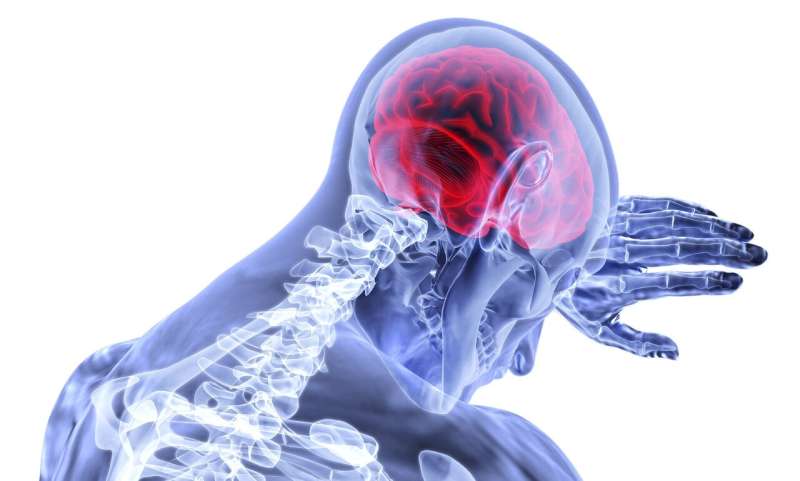Genetic Discoveries in Rheumatoid Arthritis Offer Hope for Better Treatments

Groundbreaking research reveals genetic and molecular factors behind rheumatoid arthritis, offering hope for better prediction and targeted treatments. Discover how immune, oral, and nerve pathways influence the disease.
Rheumatoid arthritis (RA) is a complex autoimmune disease that affects over 1.5 million people in the United States and approximately 18 million worldwide. Its symptoms, such as joint pain and swelling, can be debilitating, and current treatments often fall short for many sufferers. Understanding the molecular and genetic mechanisms behind RA is crucial for developing more effective therapies.
Dr. Dana Orange, a physician-scientist at Rockefeller University, has been at the forefront of research into RA. Her work combines laboratory studies on the immune system's role in the disease with innovative patient care approaches. Notably, she developed at-home finger-prick RNA sequencing tests, enabling patients to participate in studies remotely, which has led to significant insights.
Through her research, Orange and her team have identified gene expression changes that precede RA flare-ups, sometimes weeks before symptoms appear. These discoveries include the activation of specific immune cells called B-cells and the emergence of pre-inflammatory mesenchymal or PRIME cells that build up in the blood prior to joint inflammation. These cells could serve as early warning biomarkers for impending disease activity.
A fascinating aspect of her research links oral health to RA. She found that periodontal disease and oral bacteria in the blood can trigger autoimmune responses. Brushing teeth at night may allow oral bacteria to enter the bloodstream, which could contribute to RA flares by prompting the immune system to attack the body's own tissues.
Her studies also shed light on why some patients do not respond to common anti-inflammatory treatments. In about 20% of RA patients, joint tissue fibroblasts support pain-sensing neurons without involving inflammation, explaining why anti-inflammatories may be ineffective. Targeting nerve pathways involved in pain is a promising direction for future therapies.
Dr. Orange is exploring various innovative treatments, including nerve-innervating implants that modulate immune responses. She emphasizes that this research into the nervous and immune system interaction is a new frontier with enormous potential. Additionally, her team investigates the role of circadian rhythms and the activation of immune cells in morning symptom worsening, as well as related conditions like osteoarthritis.
Future research aims to predict disease flares more accurately, prevent joint damage, and develop personalized treatment strategies. Her work exemplifies how molecular, genetic, and neurological insights could revolutionize RA management and improve quality of life for millions.
Source: https://medicalxpress.com/news/2025-08-qa-genetic-insights-rheumatoid-arthritis.html
Stay Updated with Mia's Feed
Get the latest health & wellness insights delivered straight to your inbox.
Related Articles
What Does Medicaid Do? Key Research Findings from 2025
Discover how Medicaid improves health outcomes, reduces mortality, supports responsible healthcare use, and boosts economic stability based on 2025 research findings.
Promising Findings on Quality of Life for Adults with Down Syndrome and Congenital Heart Defects
New research highlights that adults with Down syndrome and congenital heart defects can lead active, fulfilling lives comparable to those with Down syndrome alone, reshaping long-held assumptions about their future prospects.
How Aggressive Breast Cancer Evades Immune Detection Through Lymph Node Changes
New research uncovers how aggressive breast cancer manipulates lymph nodes to evade immune detection, paving the way for novel therapies to prevent metastasis.
American Heart Association Launches Initiative to Improve Surgical Treatment of Hemorrhagic Stroke
The American Heart Association launches a nationwide initiative to enhance surgical treatment options for hemorrhagic stroke, aiming to reduce mortality and improve recovery outcomes through innovative minimally invasive techniques.



